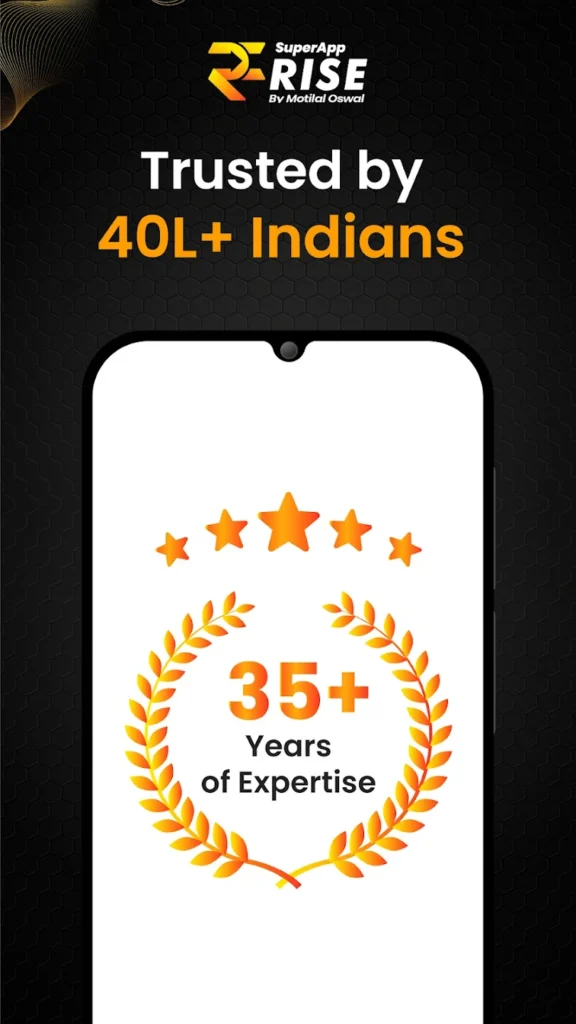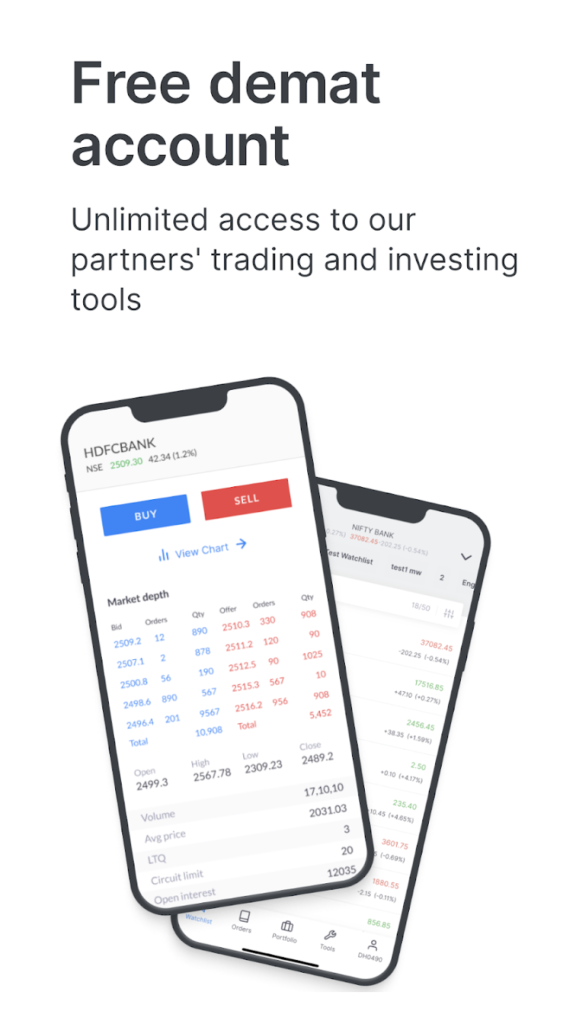Email marketing remains one of the most effective channels for businesses to engage their audience, nurture leads, and drive conversions. With the ever-evolving digital landscape, selecting the right email marketing app can dramatically impact campaign success. Whether you are a small startup or an established enterprise, understanding the features, pricing, and benefits of leading email marketing platforms is crucial.
Why Email Marketing Apps Matter for Businesses
Email marketing apps streamline the process of creating, managing, and analyzing email campaigns. They offer automation, segmentation, A/B testing, and detailed analytics that help businesses personalize communications and improve ROI. According to industry studies, email marketing delivers an average ROI of $36 for every $1 spent, making it a cost-effective strategy when implemented correctly.
Top Email Marketing Apps for Business Campaigns
1. Mailchimp
Mailchimp is one of the most popular email marketing platforms, known for its user-friendly interface and robust feature set. Ideal for small to medium-sized businesses, it offers:
- Drag-and-drop email builder: Simplifies campaign creation without coding knowledge.
- Advanced segmentation: Target specific customer groups based on behavior, location, and preferences.
- Marketing automation: Automated workflows for welcome emails, abandoned cart reminders, and more.
- Comprehensive analytics: Track open rates, click-through rates, and ROI in real-time.
Mailchimp integrates with numerous e-commerce platforms like Shopify, WooCommerce, and Magento, enhancing its utility for online retailers.
Official Website | App Store | Google Play
Pricing
Mailchimp offers a free tier for up to 500 contacts with basic features. Paid plans start at $13/month, scaling with subscriber count and feature access.
Pros
- Easy to use for beginners
- Strong automation capabilities
- Good integration ecosystem
Cons
- Pricing increases quickly with larger lists
- Limited customization in the free plan
2. Constant Contact
Constant Contact focuses on simplicity and customer support, making it a favorite among small businesses and nonprofits. Features include:
- Intuitive email editor with mobile-responsive templates.
- Event management tools integrated into campaigns.
- List-building tools and contact management.
- Real-time reporting and social media integration.
Its extensive template library and support resources help marketers create professional campaigns quickly.
Pricing
Plans start at $12/month for up to 500 contacts, with a 60-day free trial available.
Pros
- Excellent customer support
- Event and survey management features
- Good for beginners
Cons
- Lacks some advanced automation features
- Limited A/B testing options
3. Sendinblue
Sendinblue is a versatile platform offering email marketing alongside SMS campaigns and CRM tools, making it suitable for growing businesses. Key features include:
- Marketing automation workflows with personalization options.
- Transactional email support for order confirmations and notifications.
- Built-in CRM to track customer interactions.
- Real-time reporting with heat maps and click tracking.
Its multi-channel approach helps marketers unify their communication strategies within a single platform.
Pricing
Sendinblue offers a free plan with 300 emails/day limit. Paid plans start at $25/month based on email volume.
Pros
- Supports both email and SMS marketing
- Advanced automation features
- Affordable pricing for email volume
Cons
- Daily sending limits on the free plan
- Interface can be overwhelming for beginners
4. ActiveCampaign
ActiveCampaign excels in combining email marketing with powerful CRM and automation capabilities, tailored for medium to large businesses. Highlights include:
- Advanced customer segmentation and predictive sending.
- Sales automation with pipeline management.
- Machine learning-driven personalization.
- Integrations with major business tools like Salesforce, Shopify, and Zapier.
This platform suits businesses focused on lead nurturing and personalized customer journeys.
Pricing
Plans start at $29/month for up to 1,000 contacts, with tiered pricing based on list size and features.
Pros
- Robust automation and CRM integration
- Highly customizable campaigns
- Strong analytics and reporting
Cons
- Steeper learning curve
- Higher price point for small businesses
Comparing Features and Integrations
When choosing an email marketing app, consider your business needs:
- Ease of Use: Platforms like Mailchimp and Constant Contact offer beginner-friendly interfaces.
- Automation: ActiveCampaign and Sendinblue provide advanced workflows for complex campaigns.
- Multi-Channel Marketing: Sendinblue supports SMS and email within the same platform.
- Integrations: All top apps integrate with popular CRMs, e-commerce platforms, and analytics tools to ensure seamless workflows.
Security and Compliance
Security and data privacy are paramount in email marketing. Leading apps comply with GDPR, CAN-SPAM, and other global regulations. Features to look for include:
- Double opt-in subscription confirmation to reduce spam.
- Data encryption and secure data centers.
- Tools for easy subscriber data export and deletion requests.
- Regular security audits and certifications.
Real User Testimonials
“Switching to ActiveCampaign transformed our lead nurturing process. The automation and CRM features saved us countless hours and boosted conversions.” – Sarah M., Marketing Director
“Mailchimp’s simplicity allowed our small team to launch email campaigns quickly, and the analytics helped optimize content for better engagement.” – Daniel K., Small Business Owner
Return on Investment (ROI) and Business Benefits
Investing in the right email marketing app can lead to:
- Increased customer engagement: Personalized emails improve open and click rates.
- Higher sales conversions: Automated sequences target leads at the right time.
- Better brand loyalty: Consistent communication builds trust and repeat business.
- Time savings: Automation reduces manual work for marketing teams.
Platforms with detailed analytics help businesses measure campaign effectiveness, enabling data-driven decisions that enhance ROI.
Final Thoughts
Choosing the right email marketing app is a strategic decision for any business looking to maximize digital marketing efforts. Whether you prioritize ease of use, automation, multi-channel capabilities, or CRM integration, the platforms reviewed here—Mailchimp, Constant Contact, Sendinblue, and ActiveCampaign—offer proven solutions. To stay updated on the latest trends and tools in business technology, visit bti.to, your resource for expert reviews and insights.


